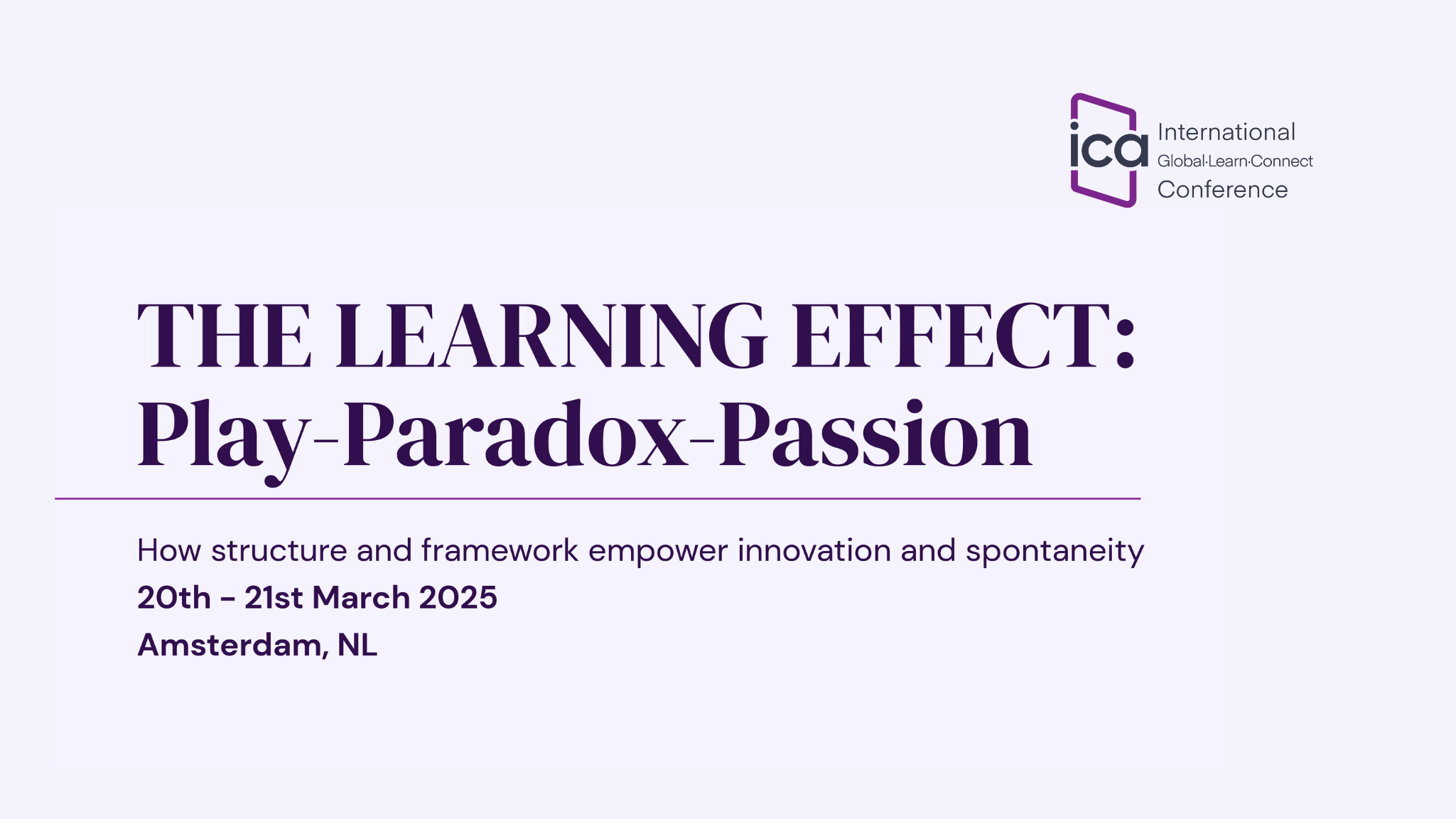My first introduction to the IPC came in 2002, so not quite twenty years ago, when I was the Principal of Berlin International School. I had recently returned to Europe from living and working in New Zealand, where I had undertaken studies at the University of Auckland into something called, “Infolink”, looking at ways to create an enquiring mind in young children and improve learning.
Some of my colleagues had returned excited from the ECIS Conference in November with postcards about the International Primary Curriculum. I was intrigued to see the name Martin Skelton, who I had met many years before when I worked in the Netherlands.
I followed the progress of the IPC until a job appeared for an Assistant Director at Fieldwork Education, it was too good an opportunity to miss and, before I could say “Great Learning, Great Teaching, Great Fun” (the former tag line of the IPC), I was in post in London.
My journey began supporting the 80 IPC schools around the world through professional learning and developing the first of the IPC Regional Conferences. The first of these, in Guangzhou, China, was in March 2005, with two courses running simultaneously, “Implementing the IPC” and “Assessment in the IPC”. The IPC Regional Conferences proved to be successful as the number of schools began to grow globally. I clearly remember celebrating in the office when there were 100 IPC schools across the world. We held regional events in Macau, Ho Chi Minh City, Toulouse, the Hague and Leicester. We still offered on-site, bespoke IPC training for schools that requested it, as well and it was through this first family of schools that others started to come on board. There was a huge growth of schools in the UK taking up the IPC following a Government paper, encouraging “ Excellence and Enjoyment ” following which we held our first UK heads meeting at Sir William Burrough School in Tower Hamlets, just a stone’s throw from the office.
The growth of IPC schools continued and so came the demand for professional learning. Some of you will remember, fondly I hope, the IPC Summer Schools at the University of Greenwich where teachers and leaders from the IPC schools around the world gathered for professional learning.
It is a pleasure to see the growth of the IPC since those early days over twenty years ago, it now has developed to embrace the next stage in a child’s learning journey with the International Middle Years Curriculum. I remember being asked so often, “What's next for our Milepost 3 children?” The International Early Years Curriculum has been enhanced by looking at the youngest members of a school setting, celebrating the uniqueness of a holistic learning engagement for children with the foundation of the Personal Goals and International Mindedness.
There is now a clear pathway for schools to undertake their professional learning and what is a major transformational tool for schools is the opportunity to join the International Curriculum Association, where schools can begin their learning journey with the IPC focusing on what is fundamental in an IPC school through the seven foundations for Improving Learning.
Schools around the world are now engaging their learners for the 21st century through the IPC, a curriculum that allows them to know themselves and others through developing an international mindset, having multiple viewpoints when looking at subjects that are independent yet interdependent, developing personal dispositions inside and outside the classroom, knowing what they are learning and how to be successful.
It is a great pleasure to have been part of the IPC family for a long time and seeing its growth and enhancement, reaching more schools, more leaders, more teachers and especially more learners as we pause to celebrate twenty-one years of “Great Teaching, Great Learning and Great Fun!”
I am looking forward to the next twenty-one years and beyond!



